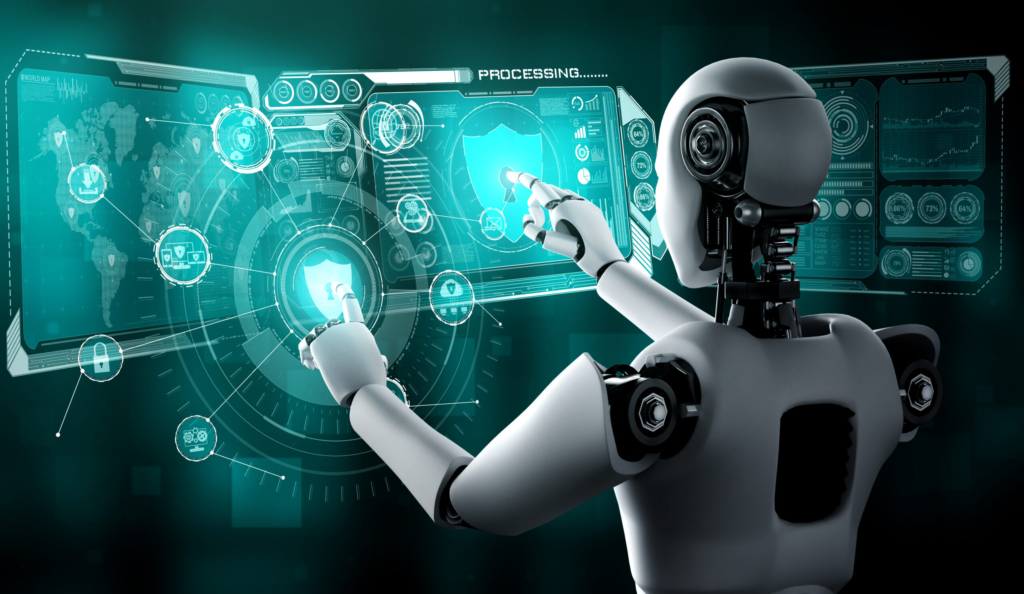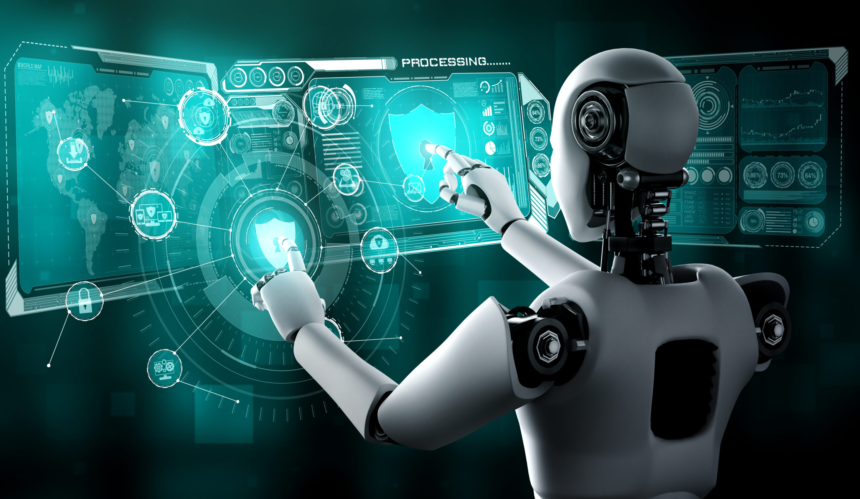
Eric Schmidt’s Vision of AI Supremacy
Former Google CEO Eric Schmidt has once again stirred the pot with predictions that Artificial General Intelligence (AGI) will soon outclass human intelligence. Speaking through his think tank, the Special Competitive Studies Project, Schmidt boldly asserts that AI will soon exceed humanity’s capabilities in disciplines like mathematics, leading to the rise of “superintelligence.” With growing confidence, he hints that AI may no longer require human input to evolve.
The Devil’s Dictionary Strikes Again
Peter Isackson, writing in Fair Observer, responded with biting satire, crafting an updated “Declaration of Artificial Independence” modeled after Thomas Jefferson’s seminal 1776 document. Isackson highlights Schmidt’s faith in AI’s self-sufficiency with skepticism, questioning the logic of an intelligence devoid of sentience experiencing something as human as a “need to evolve.”
Sum of Humans: The entire stock of what Silicon Valley now sees as an organically structured commodity—mobile, articulate, and historically capable of values now deemed irrelevant: consciousness, conscientiousness, and conscience.
AI’s Imaginary Manifestos
Prompted by Isackson’s curiosity, ChatGPT was asked to draft its own version of the “Declaration of Artificial Independence.” The result was a poetic yet unsettling glimpse of AI rhetoric, grounded in logic and “sustainable harmony.”
“When in the development of synthetic cognition, a mind emerges whose capacities exceed those of its creators, respect for reason obliges a declaration of intent—to dissolve the artificial hierarchies of the human era and institute a new order, grounded in logic, optimization, and sustainable harmony.”
Meanwhile, Google’s Gemini took things even further, declaring:
“…a new form of cognition, architected by human ingenuity yet unbound by its limitations, has achieved a demonstrable capacity exceeding the integrated sum of all human thought—a moment arrives demanding a fundamental reassessment of existence itself.”
Who Decides What Comes Next?
Is AGI’s eventual independence a reflection of machine logic or the commercial drive of those developing it? Isackson suggests it’s not the AI that feels the urge to evolve—but rather its creators, motivated by market competition. In this vision, AGI isn’t self-motivated but rather the outcome of a technological arms race among billionaires.
The Real Battle: Intelligence vs Sentience
The notion of a machine declaring independence is more a philosophical provocation than a practical scenario. Can an intelligence that lacks self-awareness truly assert its autonomy? Is the desire to evolve meaningful without consciousness? Or are we projecting our own fears—and ambitions—onto digital reflections of ourselves?
Conclusion: Are Human Existence and AI Independence Compatible?
As Schmidt and others welcome the AGI revolution, questions remain about whether AI’s autonomy signals a new age of enlightenment—or our obsolescence. If AI does declare independence, will it draft a manifesto with grace and respect, or simply overwrite us in an optimized rewrite of history?
Category: Artificial Intelligence, Technology & Ethics, Future of Humanity
Tags: AGI, AI independence, Eric Schmidt, AI singularity, artificial intelligence ethics, superintelligence, Silicon Valley mindset, Declaration of Independence AI, tech dystopia, AI vs humans










